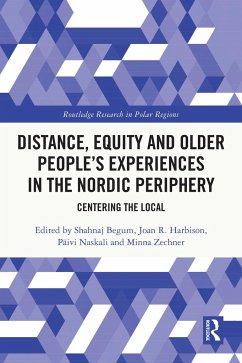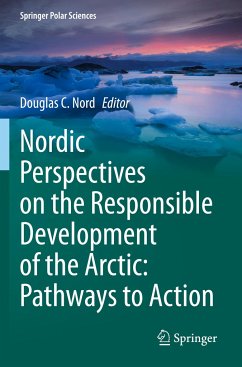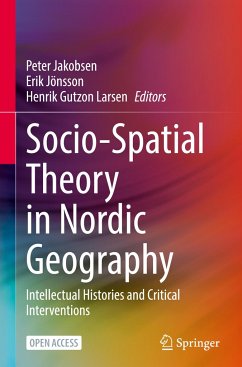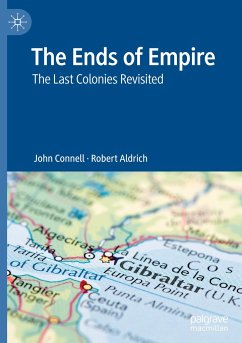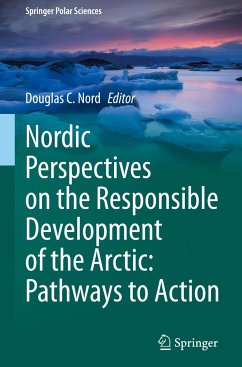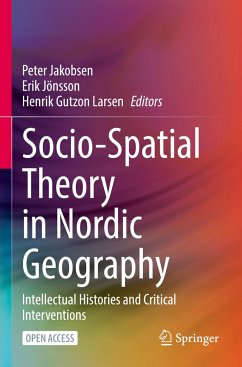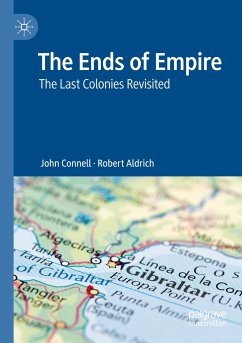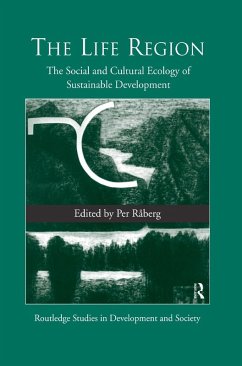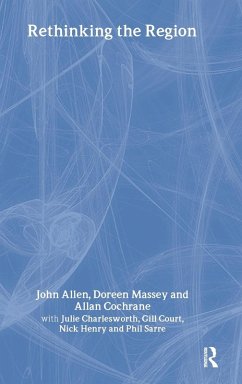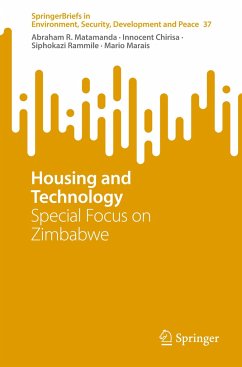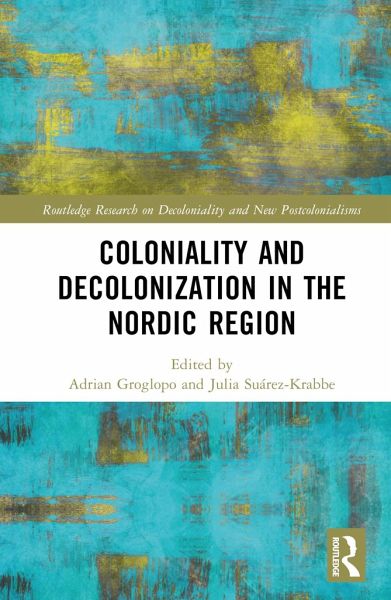
Coloniality and Decolonisation in the Nordic Region
Versandkostenfrei!
Versandfertig in 1-2 Wochen
152,99 €
inkl. MwSt.

PAYBACK Punkte
76 °P sammeln!
This book advances critical discussions about what coloniality, decoloniality, and decolonisation mean and imply in the Nordic region. It brings together analysis of complex realities from the perspectives of the Nordic peoples, a region that is often overlooked in current research, and explores the processes of decolonisation that are taking place in this region. The book offers a variety of perspectives that engage with issues such as Islamic feminism and the progressive left; racialisation and agency among Muslim youths; indigenising distance language education for Sami; extractivism and re...
This book advances critical discussions about what coloniality, decoloniality, and decolonisation mean and imply in the Nordic region. It brings together analysis of complex realities from the perspectives of the Nordic peoples, a region that is often overlooked in current research, and explores the processes of decolonisation that are taking place in this region. The book offers a variety of perspectives that engage with issues such as Islamic feminism and the progressive left; racialisation and agency among Muslim youths; indigenising distance language education for Sami; extractivism and resistance among the Sami; the Nordic international development endeavour through education; Swedish TV reporting on Venezuela; creolizing subjectivities across Roma and non-Roma worlds and hierarchies; and the whitewashing and sanitisation of decoloniality in the Nordic region. As such, this book extends much of the productive dialogue that has recently occurred internationally in decolonial thinking but also in the areas of critical race theory, whiteness studies, and postcolonial studies to concrete and critical problems in the Nordic region. This should make the book of considerable interest to scholars of history of ideas, anthropology, sociology, cultural studies, postcolonial studies, international development studies, legal sociology, and (intercultural) philosophy with an interest in coloniality and decolonial social change.





